

The 10th ARAB Film Festival
ARAFF 10th Anniversary Encore
‘ARAFF 10th Anniversary Encore’ is a retrospective program section in celebration of ARAB Film Festival’s 10th anniversary to look back on the footsteps of the event. Two films from the past screenings, selected by the festival and partner institutions, will be presented as an encore in this section. Factory Girl is a 2013 film directed by Mohamed Khan, who has been a respected filmmaker in Egyptian and Arab cinema throughout his career from the 1970s to his death in 2016. Seemingly a love story of a factory worker in her twenties, the film deals with social issues such as prejudice against women and social class differences. The Narrow Frame of Midnight is the debut feature film of Tala Hadid, a filmmaker of Moroccan and Iraqi descent who has been drawing international attention since 2005 when she was making short films. The film explores the theme of loss, non-belonging and searching for what you desire in life, with dreamy visual beauty and artistic experimentation.
FILMS
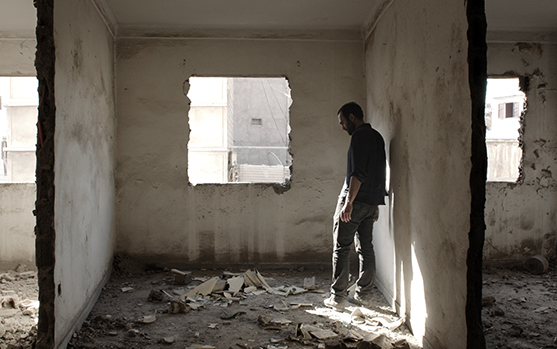
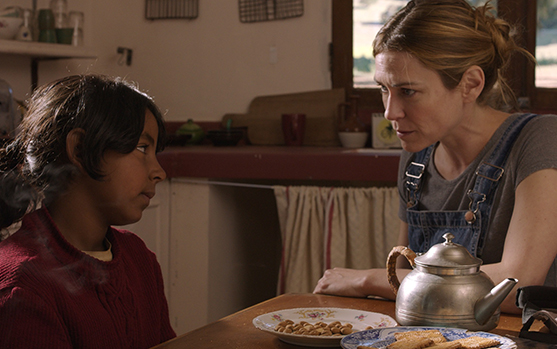
The Narrow Frame of Midnight
- Morocco, United Kingdom, France,
- Qatar
- 2014
- 93min
- Fiction
- 15 and over (15+)
A young orphan, Aïcha, is found alone in the forests of central Morocco. She has a personal history that reveals a courageous attempt at self-determination. Taken and sold from her home in the hills of the Atlas Mountains, Aïcha finds herself at the mercy of a petty criminal, Abbas, and his conflicted girlfriend, Nadia. They soon cross paths with Zacaria, a Moroccan/Iraqi writer, who has left everything behind - including a passionate relationship with a teacher, Judith - to search for his missing brother. The group embarks on a journey that will lead them across Morocco, to Istanbul, the plains of Kurdistan and beyond.
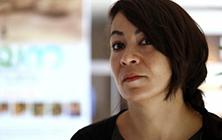
Tala Hadid
Writer, director and photographer Tala Hadid has made several short films, including Tes Cheveux Noirs Ihsan (Your Dark Hair Ihsan) which received a Student Academy Award and won the Panorama Best Short Film Award at the Berlin Film Festival. She has also made various documentaries including Sacred Poet on Pier Paolo Pasolini. Her work has shown at the Museum of Modern Art in New York City, L’Institut du Monde Arabe in Paris, the Goteberg Kunsthalle in Sweden and numerous museums and galleries around the world. The Fine Art photography publisher Stern also published a volume of a selection of Hadid’s photographs in 2013.
| Seoul |
7.17(Fri) 19:30 7.20(Mon) 14:00 |
|---|
| Busan |
7.18(Sat) 11:00 7.20(Mon) 19:30 |
|---|
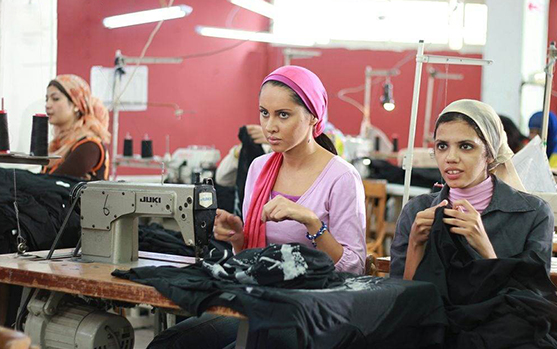
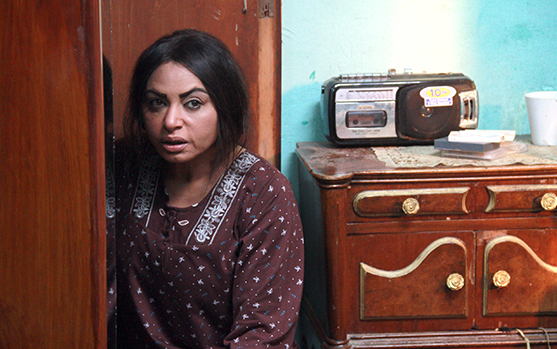
Factory Girl
- Egypt, United Arab Emirates
- 2013
- 92min
- Fiction
- 15 and over (15+)
It is a simple love story about Hiyam, a young factory girl, who lives in a poor neighborhood with her mother, stepfather and young sister who works with her at the same factory. Hiyam falls in love with the new factory supervisor, believing that he loves her too. Eventually, Hiyam is shocked by his changing attitude towards her, refusing their relationship since she belongs to a lower working class, while he is from a middle-class. Her strength appears when a pregnancy test is discovered in the factory premises; her immediate family and close friends accuse her of sinning. Hiyam decides not to defend herself and pays an enormous price in a society that fails to accept independent women.
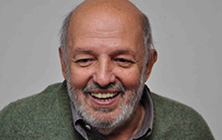
Mohamed Khan
Mohamed Khan studied filmmaking at London School of Film Technique (The London Film School) between 1962-1963. He joined the script department at the General Egyptian Company in 1963 before he moved to Beirut, where he worked as an assistant director. Since 1971, Khan cemented his role as a salient director in the Egyptian and Arab filmmaking scenes. With a rich repertoire of more than 25 films, including The Street Player(1983) and The Return of a Citizen(1986), his works received over 30 international awards and recognitions. Three of his films are listed on the 100 Greatest Arab Films of Dubai International Film Festival in 2013.
| Seoul |
7.16(Thu) 16:30 7.19(Sun) 14:00 |
|---|
| Busan |
7.16(Thu) 19:30 7.18(Sat) 19:30 |
|---|